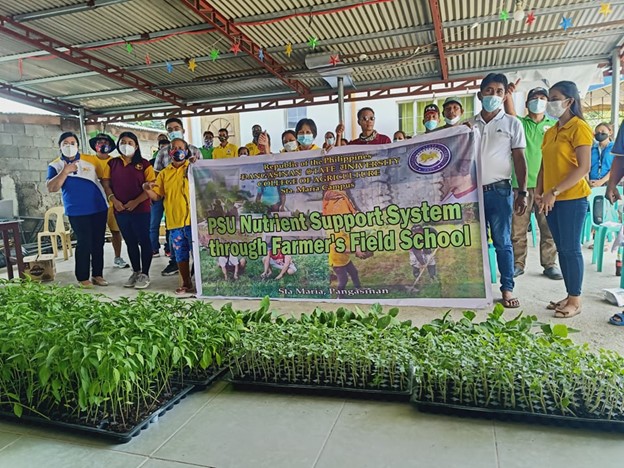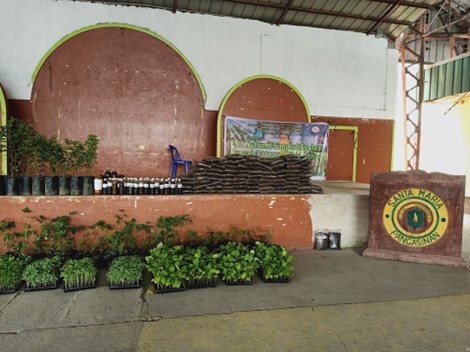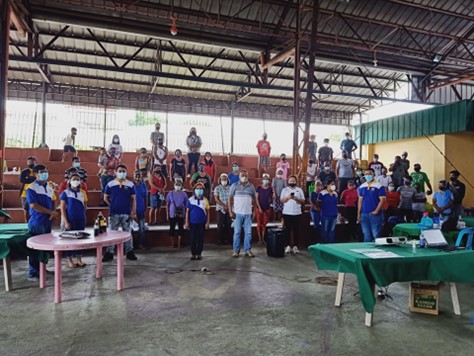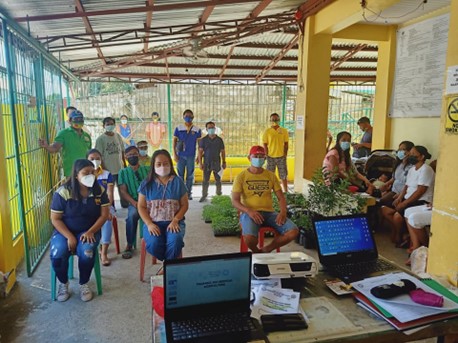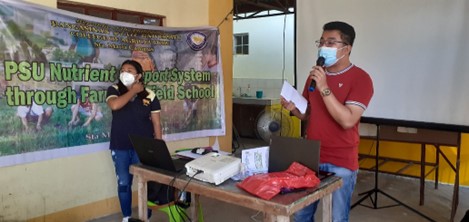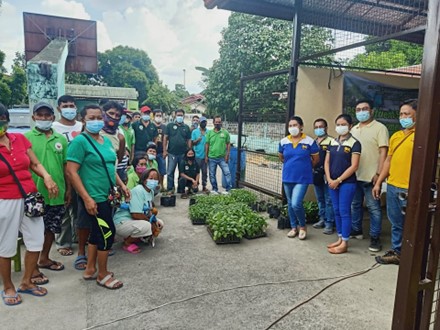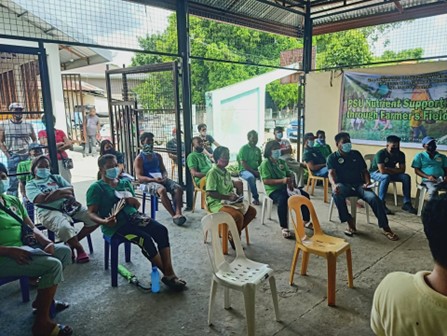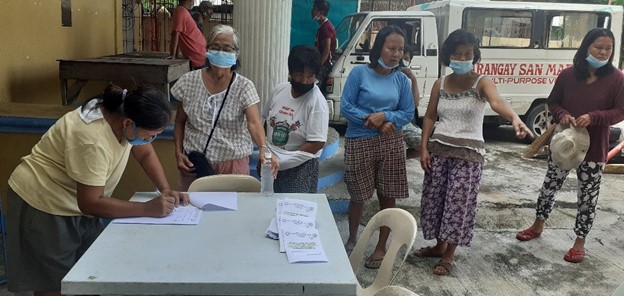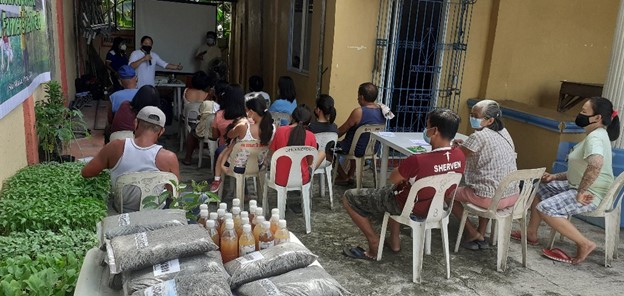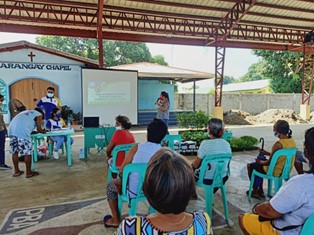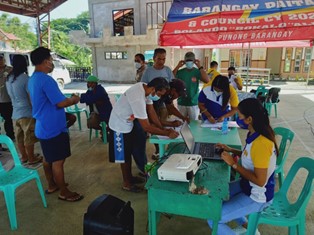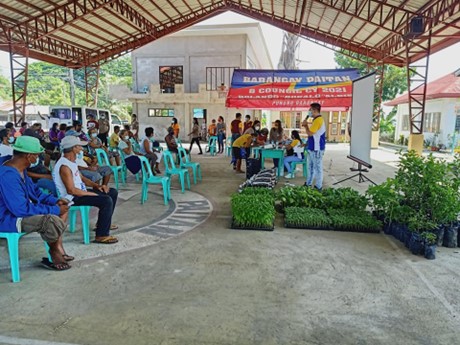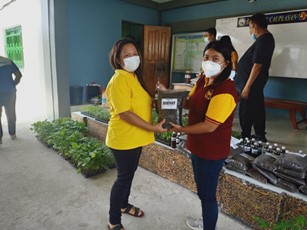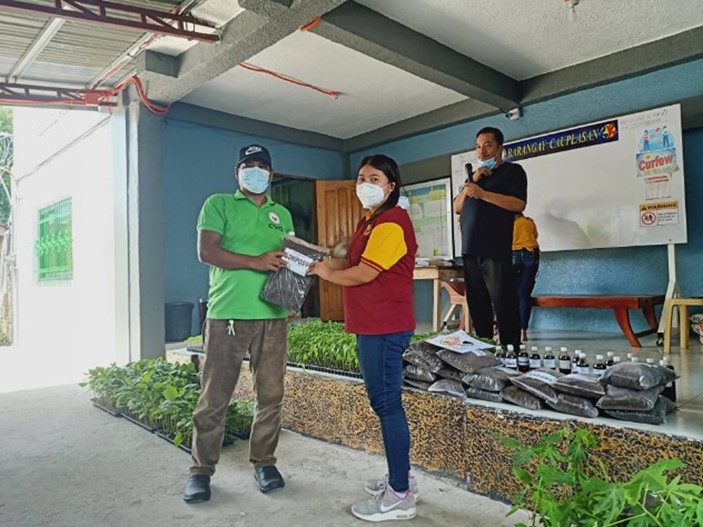Nutrient management involves using crop nutrients as efficiently as possible to improve productivity while protecting the environment. The key principle behind nutrient management is balancing soil nutrient inputs with crop requirements. When applied in proper quantities and at the right times, added nutrients help achieve optimum crop yields. Nutrients that are not effectively utilized by crops can potentially leach into groundwater or enter nearby surface waters.
Pangasinan State University Sta. Maria campus conducted researches to identify the nutrient status of agricultural areas in Sta. Maria Pangasinan. The results of this research would greatly contribute to the development of agriculture in the municipality. Furthermore, this will also be helpful to the Department of Agriiculture as their basis on their projects and other activities.
This extension project aims to a) provide farmers proper fertilizer recommendation on farms and backyard gardens through soil testing; b) recommend management practices to increase the yield;and c) Recommend organic inputs that can be produced locally. For the first part of the project, an extension training was conducted on 6 selected barangays of Sta. Maria, Pangasinan. The extension training aims to teach the participants on the importance of the different soil nutrients, soil sampling and labelling and production of agricultural inputs such as organic foliar fertilizers, organic foliar pesticides and organic fertilizers. At the end of the training, PSU awarded vegetable seedlings to the participants and also distributed organic fertilizers and foliars.
For the second part of the extension project, fertilizer recommendations were given to the participants for their farms based on the results of the research entitled “Land Evaluation of Agricultural Areas in Sta. Maria, Pangasinan”.
